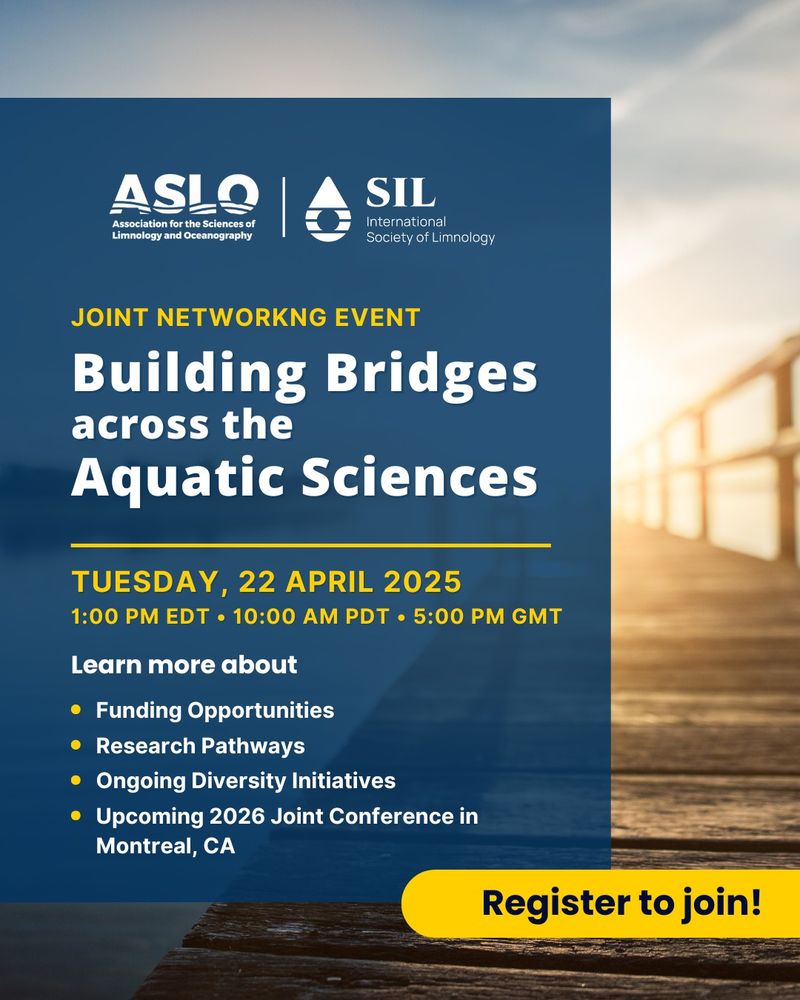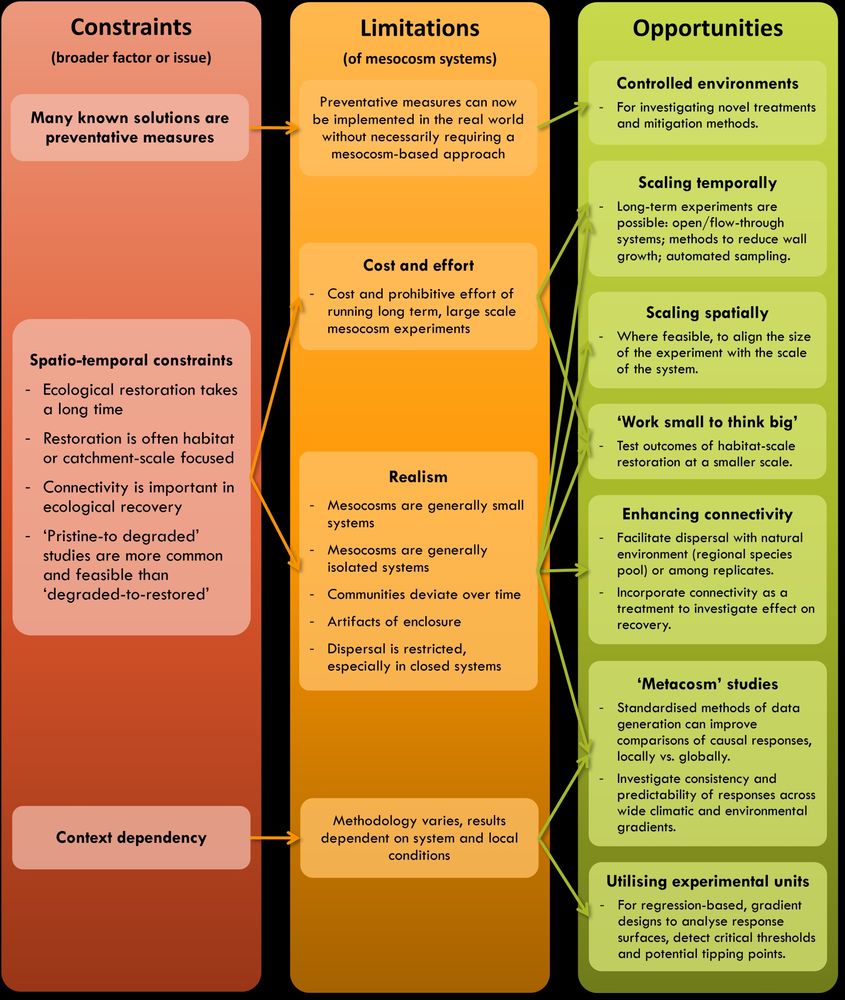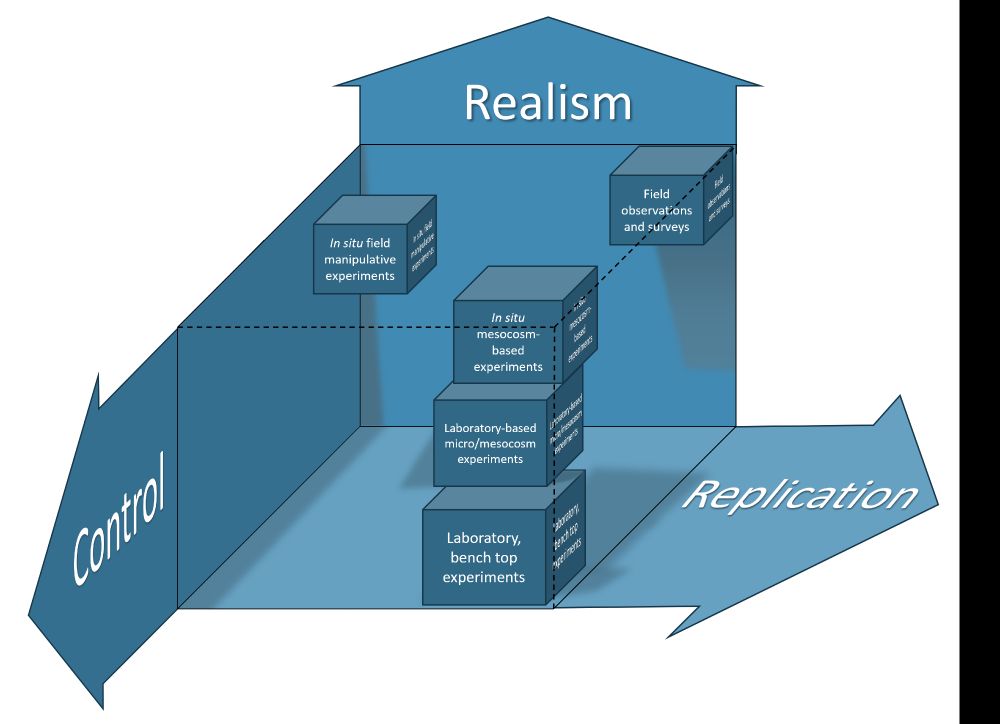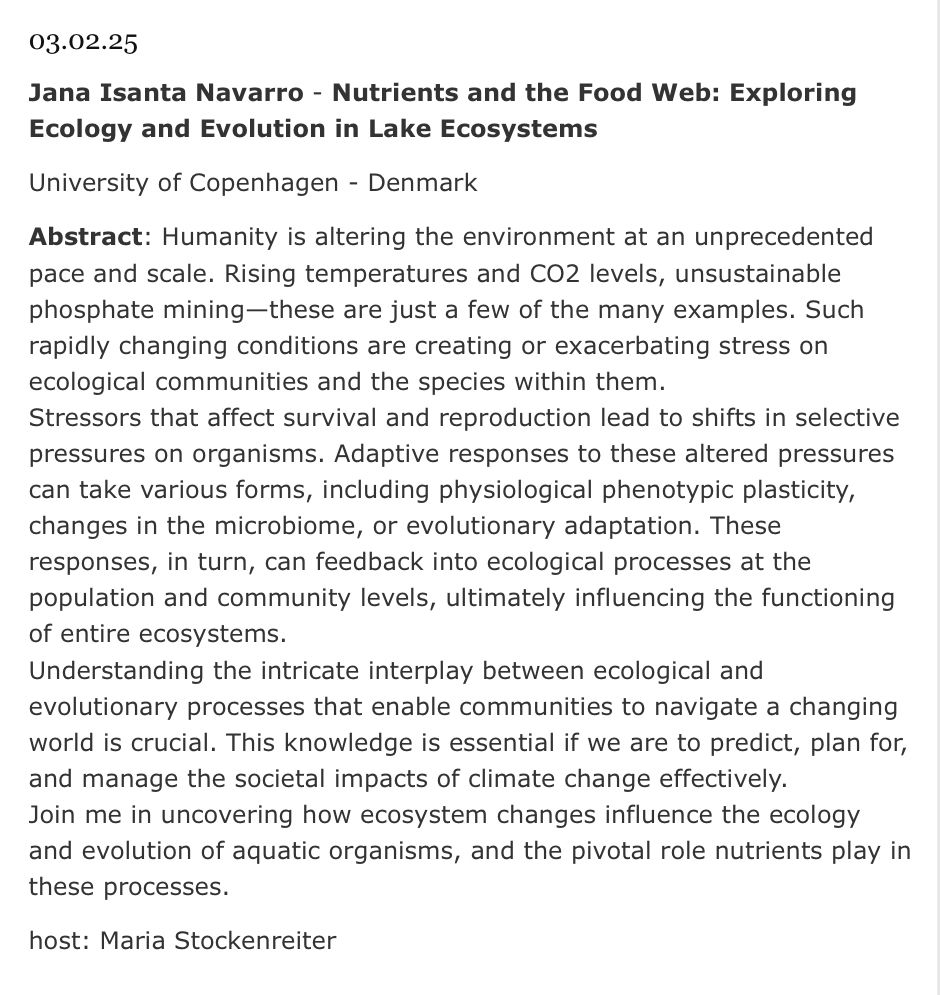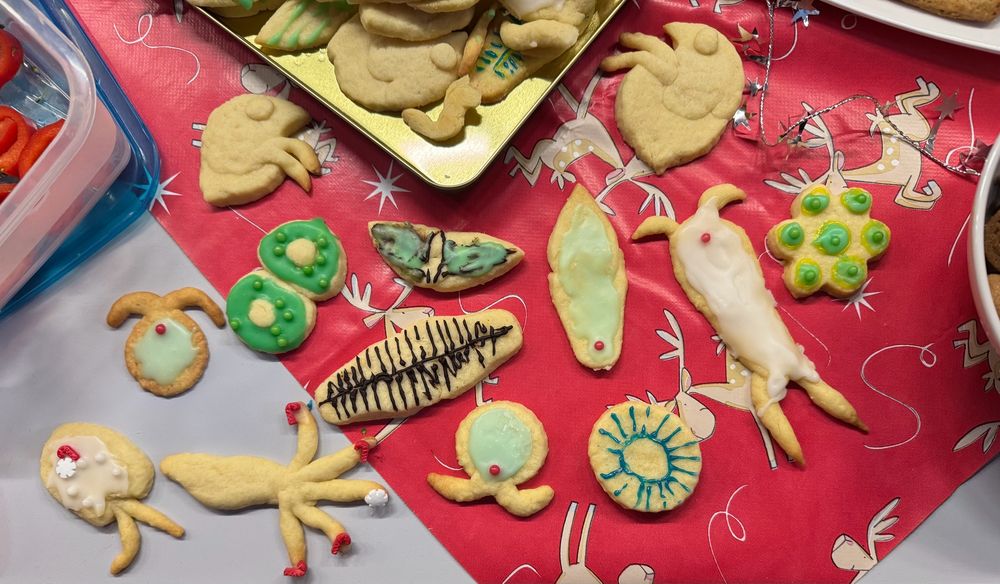Maria Stockenreiter
@mstockenreiter.bsky.social
540 followers
630 following
18 posts
Aquatic ecologist @ Ludwig-Maximilians-Universität (LMU) Munich
Posts
Media
Videos
Starter Packs
Reposted by Maria Stockenreiter
Reposted by Maria Stockenreiter
Reposted by Maria Stockenreiter
Reposted by Maria Stockenreiter
Sam Macaulay
@samuelmacaulay.bsky.social
· Feb 11
Reposted by Maria Stockenreiter
Sam Macaulay
@samuelmacaulay.bsky.social
· Feb 11
Reposted by Maria Stockenreiter
Sam Macaulay
@samuelmacaulay.bsky.social
· Feb 11
Reposted by Maria Stockenreiter
Sam Macaulay
@samuelmacaulay.bsky.social
· Feb 11
Reposted by Maria Stockenreiter
Sam Macaulay
@samuelmacaulay.bsky.social
· Feb 11
Reposted by Maria Stockenreiter
Sam Macaulay
@samuelmacaulay.bsky.social
· Feb 11
Reposted by Maria Stockenreiter
Reposted by Maria Stockenreiter
Reposted by Maria Stockenreiter
Sam Macaulay
@samuelmacaulay.bsky.social
· Feb 11
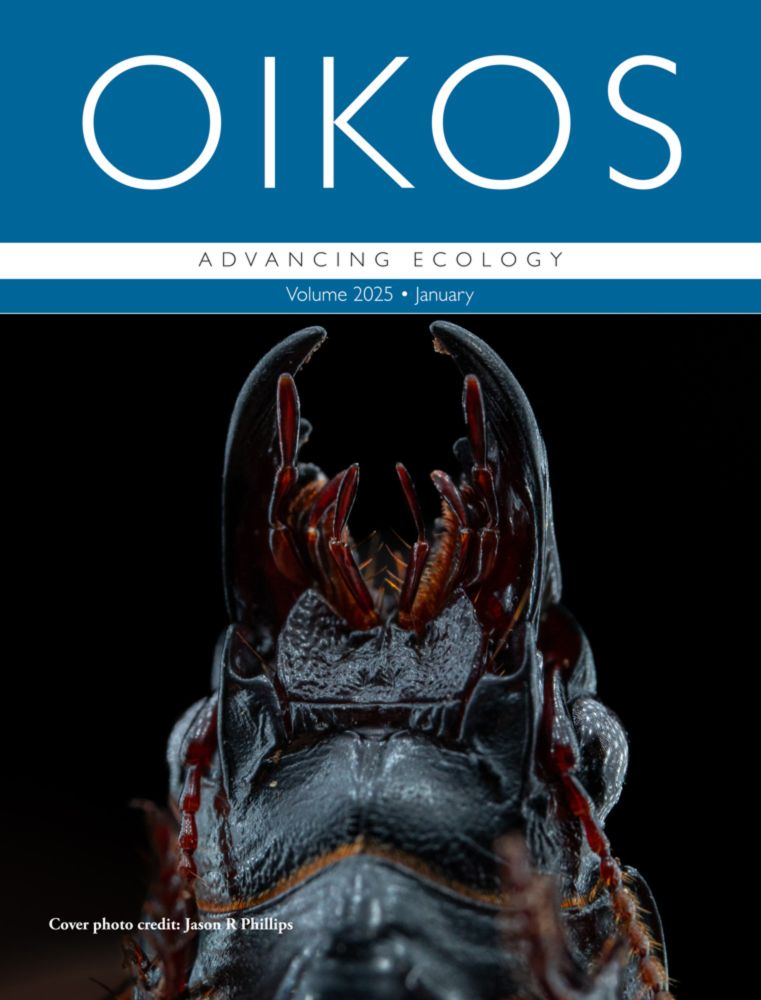
Addressing grand ecological challenges in aquatic ecosystems: how can mesocosms be used to advance solutions?
Rapid and drastic anthropogenic impacts are affecting global biogeochemical processes and driving biodiversity loss across Earth's ecosystems. In aquatic ecosystems, species distributions are shiftin...
doi.org
Reposted by Maria Stockenreiter
Sam Macaulay
@samuelmacaulay.bsky.social
· Feb 11
Reposted by Maria Stockenreiter
Reposted by Maria Stockenreiter
Oded Rechavi
@odedrechavi.bsky.social
· Dec 5

Perception of Temperature Even in the Absence of Actual Change is Sufficient to Drive Transgenerational Epigenetic Inheritance
Can processes occurring in one individuals nervous system influence the physiology of the descendants? Here we explored the provocative hypothesis that parents sensation or perception of environmental...
www.biorxiv.org






